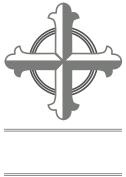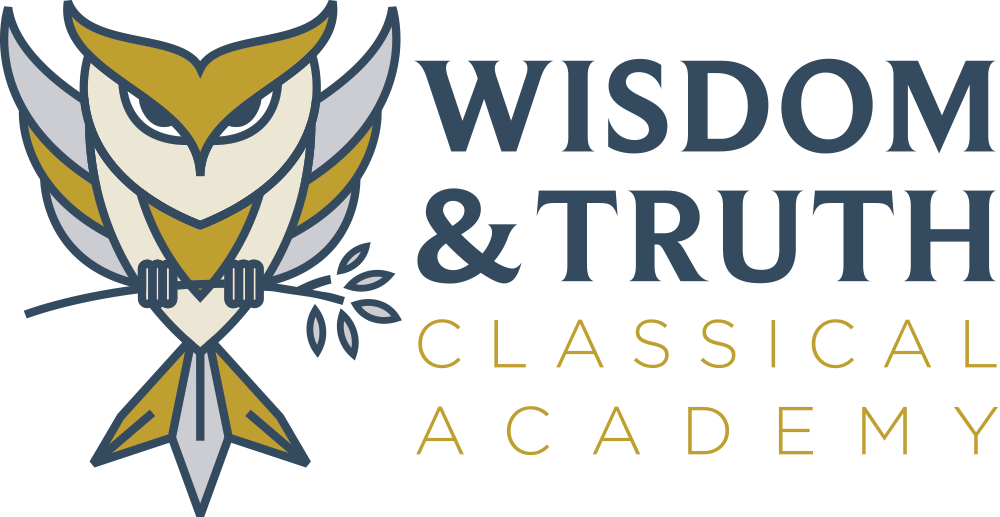Presuppositions for Our Methods of Teaching and Learning
The Imago Dei
“There are no ordinary people. You have never talked to a mere mortal.” – C.S. Lewis
Scripture describes mankind as being uniquely created in His image. Male and female, we are created to fellowship with God and to tend the world in which he has placed us. Sin has made this reality, and this task, difficult to accomplish. Yet, through the Incarnation of Jesus, we are given a picture of what it means to be conformed to His image by the ministry of the Holy Spirit. In our education, recognizing the Imago Dei in the teachers, students, and administration of the school becomes paramount in training up our children to love and serve God.
Being informed by the biblical account of man, the counsel of Scripture in general, and Ephesians 6, Deuteronomy 6, and Proverbs particularly, our school affirms the following beliefs when considering students and teachers in the classroom:
The nature of the learner and teacher: man is an intellectual, physical, and spiritual being created in the image of God, impacted by the fall, formed through daily practices, and called to fight against the effects of the fall in order to exercise dominion over creation to the glory of God.
The learner’s role is to pursue academic and moral excellence while coming to know more about the Creator and His creation. The learner is to respect the authority of his parents, his teacher, and the tradition under which he sits.
The role of the teacher is to participate in God’s mission to reconcile all things to Himself. The teacher is an authority and a guide (more authority with younger/immature students and more of a guide with older/mature students); a mental, physical, and spiritual disciplinarian who teaches with humble authority and leads the student to discover the truth. The teacher must never cease being a student himself.
The Implications of these Presuppositions
I am come that they might have life, and that they might have it more abundantly. John 10:10
In seeking to participate in this abundant life WTCA has adopted various pedagogical distinctives in order to delight and train our students. Sometime, a classical education is seen as a rigorous education and in many ways it is. We, however, have chosen to instill in our daily liturgy a robust vigor vitae, the Vigor of Life. Classrooms filled with discussion, inquisitiveness, laughter; life well-lived in the moments we have together.
Poetic Knowledge
Paraphrasing Aristotle, we believe that the love of wisdom (philosophy) begins in wonder. Coming face-to-face with the reality of the world around us whether that be in observing birds, solving math equations, properly spelling words, or coming to a better understanding of human nature through literature, are vital in developing our sense of wonder. Caring for, feeding, grooming, and playing with a puppy is certainly a better way to understanding a dog when compared to this: “a carnivorous mammal (Canis familiaris) closely related to the gray wolf that has long been domesticated as a pet, occurs in a variety of sizes, colors, and coat types, and is sometimes trained to perform special tasks”. We aim to place our students in front of truth, goodness, and beauty to experience it before seeking to parse it out in analysis.
Speaking of “Liturgy”
Each of our lives has a rhythm, a pulse, a pattern which forms our habits and desires. School should be the same. Each morning we gather to pray, sing, and declare the goodness of our God. We also pray and sing before lunch and at the end of our day to acknowledge Him who has called us to this place to learn of his two books: His Word and His world. This liturgy is formative in harmonizing our habits throughout the day and throughout our year. Our festivals, meals, and celebrations over the years further shape the pattern of our lives as we celebrate the seasons of the church throughout the year.
Classroom Distinctives
Rich Content
“Fairy tales do not tell children that dragons exist. Children already know that dragons exist. Fairy tales tell them that dragons can be killed.” – G.K. Chesterton
At WTCA our days are filled with stories in many forms. Nursery rhymes, fairy tales, fables, poetry, and myths introduce children to truth, packaged in ways that make our hearts desire to imitate the good and reject the evil. The vocabulary and ideas in these stories, as in all great literature, provides a grammatical education in itself. Immersing our students in the beautiful patterns of words and ideas found in great literature provides a sea of poetic ideas from which they may draw beautiful ideas and vocabulary into their own speaking and writing.
Catechisms
We take advantage of the nature of children and their desire to delight, repeat, and imitate. Each class works through catechisms both to teach spiritual truths alongside the scriptures but also topical catechisms which allow us to recite and delight in the topics in which we are immersed each day.
Narration
In training our intellects, our two main areas of focus are attention and memory. Narration is the perfect exercise to assist in training these two faculties. Children, being natural storytellers, are encouraged to attend to, remember, and retell stories and anecdotes throughout the day. This even includes retelling the ‘story’ of a math problem. As Charlotte Mason said, “Whatever a child or grown-up person can tell, that we may be sure he knows, and what he cannot tell, he does not know.”
Music
Singing can be heard throughout our day. Some of it in the form of songs to help remember content, some to introduce us to the heritage of our forefathers, and some to train us to participate in the beauty of making music together. Classroom and school-wide singing introduces us to the great hymns of the faith; rich, theological poetry which, once implanted in the hearts of our students, will bear fruit throughout their lives.
Address
7702 SW Regional Airport Blvd
Bentonville, AR 72713
Phone
(479) 352-9868
lharris@wisdomatca.org




